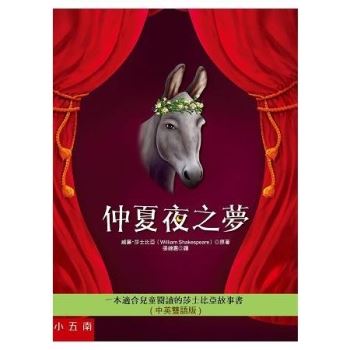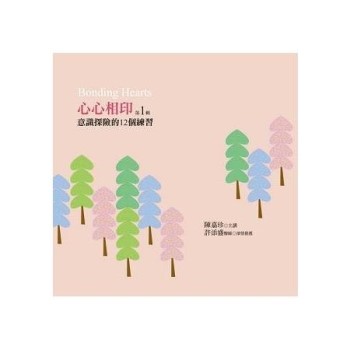Lays of Ancient Rome
Thomas Babington MACAULAY (1800 - 1859)
| FindBook |
有 1 項符合
Lays of Ancient Rome的圖書 |
 |
Lays of Ancient Rome 作者:Macaulay 出版社:Createspace Independent Publishing Platform 出版日期:2016-01-09 語言:英文 規格:平裝 / 122頁 / 22.91 x 15.19 x 0.74 cm / 普通級/ 初版 |
| 圖書館借閱 |
| 國家圖書館 | 全國圖書書目資訊網 | 國立公共資訊圖書館 | 電子書服務平台 | MetaCat 跨館整合查詢 |
| 臺北市立圖書館 | 新北市立圖書館 | 基隆市公共圖書館 | 桃園市立圖書館 | 新竹縣公共圖書館 |
| 苗栗縣立圖書館 | 臺中市立圖書館 | 彰化縣公共圖書館 | 南投縣文化局 | 雲林縣公共圖書館 |
| 嘉義縣圖書館 | 臺南市立圖書館 | 高雄市立圖書館 | 屏東縣公共圖書館 | 宜蘭縣公共圖書館 |
| 花蓮縣文化局 | 臺東縣文化處 |
|
|
圖書介紹 - 資料來源:博客來 評分:
圖書名稱:Lays of Ancient Rome
作者簡介
Thomas Babington Macaulay, 1st Baron Macaulay, PC (25 October 1800 - 28 December 1859) was a British historian and Whig politician. He wrote extensively as an essayist and reviewer; his books on British history have been hailed as literary masterpieces.
Macaulay held political office as the Secretary at War between 1839 and 1841, and the Paymaster-General between 1846 and 1848. He played a major role in introducing English and western concepts to education in India. He supported the replacement of Persian by English as the official language, the use of English as the medium of instruction in all schools, and the training of English-speaking Indians as teachers. In his view, Macaulay divided the world into civilised nations and barbarism, with Britain representing the high point of civilisation. In his Minute on Indian Education of February 1835, he asserted, "It is, I believe, no exaggeration to say that all the historical information which has been collected from all the books written in the Sanskrit language is less valuable than what may be found in the most paltry abridgement used at preparatory schools in England". He was wedded to the Idea of Progress, especially in terms of the liberal freedoms. He opposed radicalism while idealising historic British culture and traditions.
|










